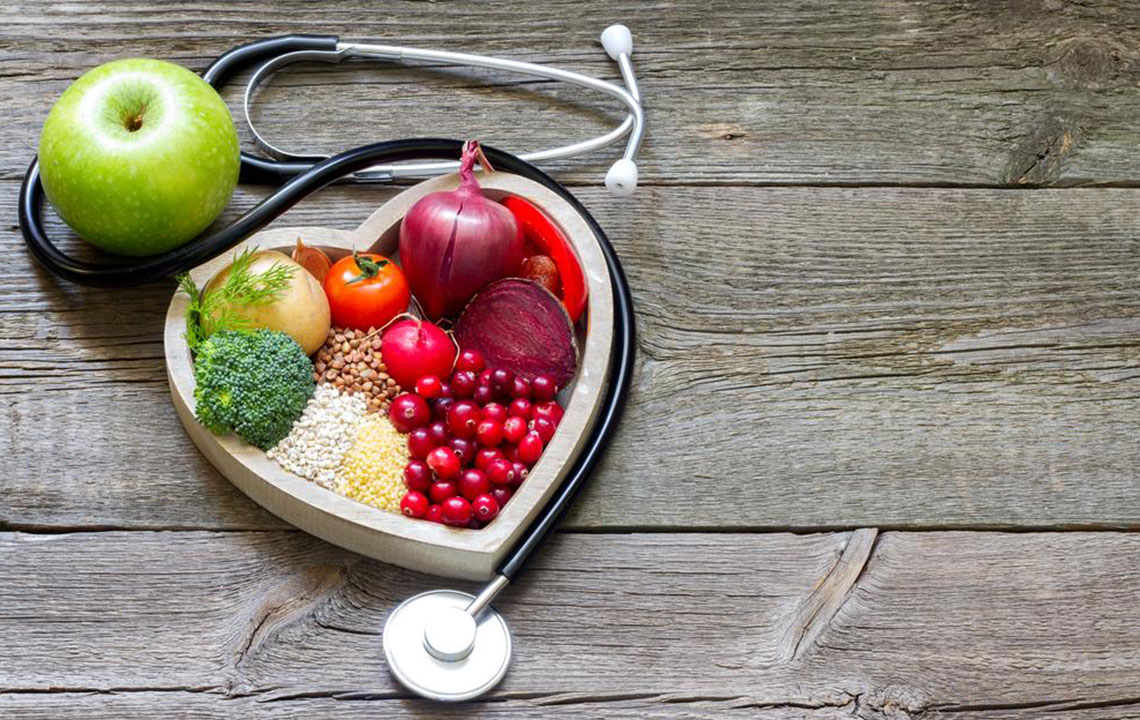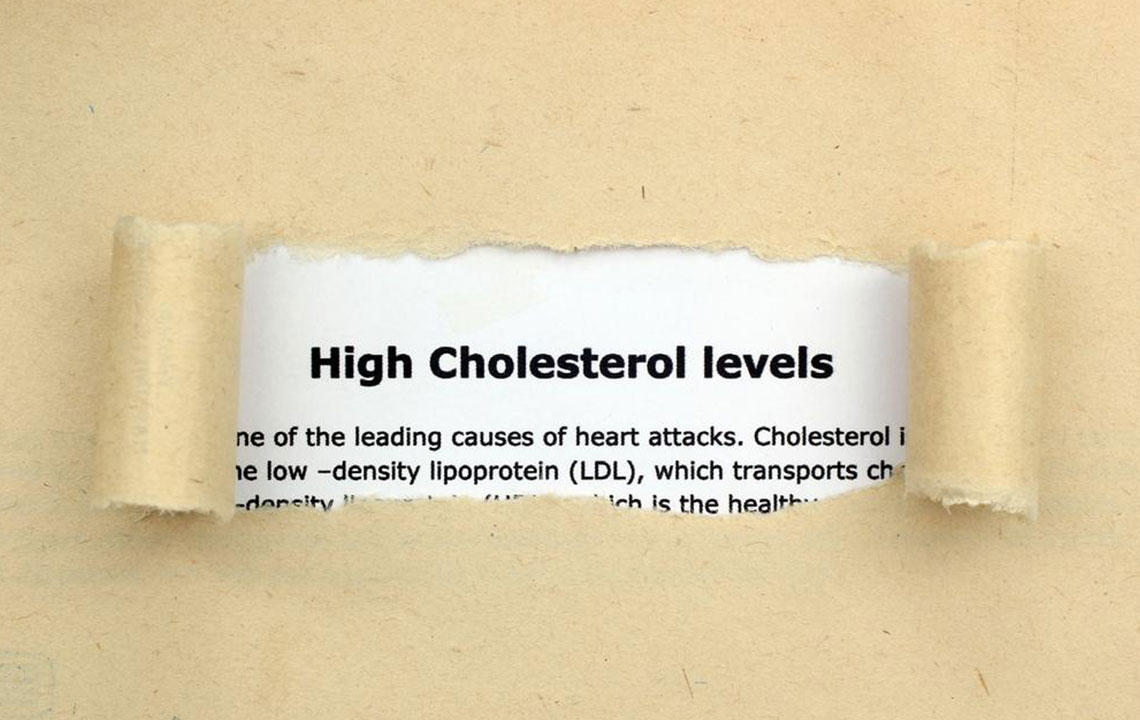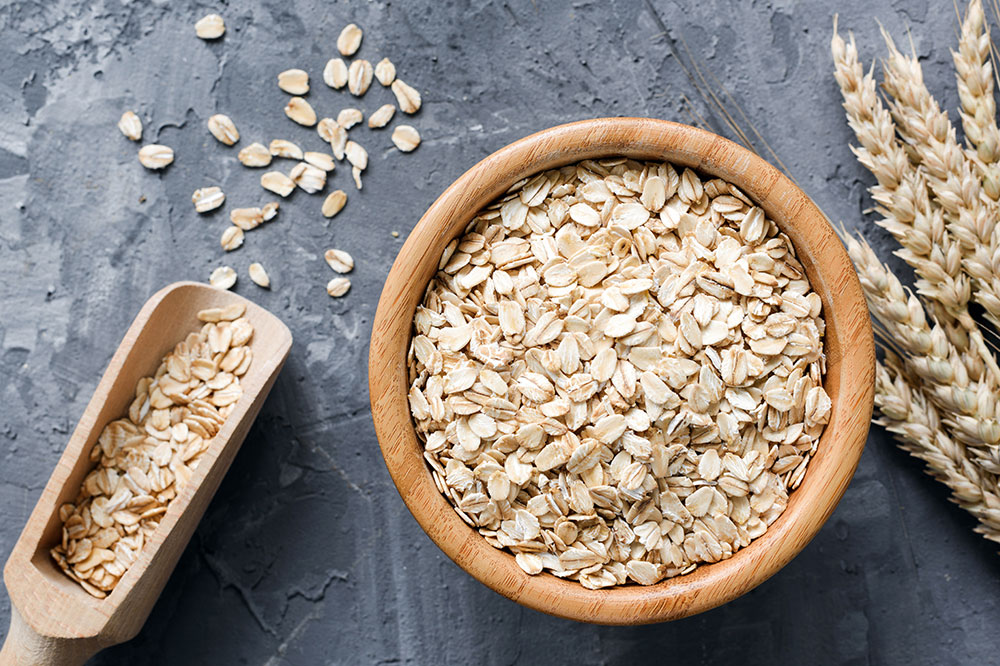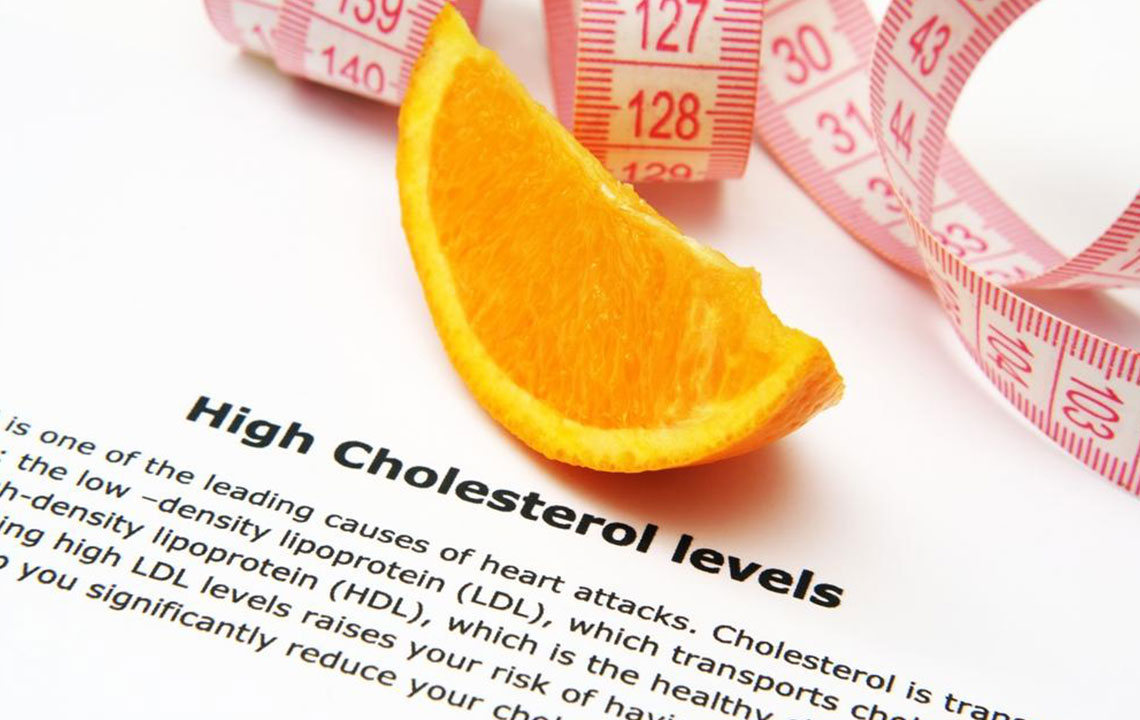Comprehensive Dietary Strategies to Reduce Cholesterol and Improve Heart Health
Discover proven dietary strategies to naturally lower LDL cholesterol, increase HDL levels, and support heart health. This comprehensive guide covers food choices, lifestyle tips, and essential habits to reduce cardiovascular risk and promote overall well-being.

Effective Nutrition Tips for Naturally Lowering Cholesterol Levels
Cholesterol, a fatty substance found in your blood, plays a vital role in building cells and producing hormones. It exists primarily in two forms: high-density lipoprotein (HDL), often referred to as "good" cholesterol, and low-density lipoprotein (LDL), known as "bad" cholesterol. Maintaining a proper balance between these is crucial for cardiovascular health. Elevated LDL cholesterol levels contribute significantly to the development of atherosclerosis, which can lead to heart attacks and strokes. Therefore, understanding how your diet influences cholesterol levels is essential for preventing heart disease. This extensive guide explores practical, scientifically backed dietary modifications to help you lower your cholesterol naturally, enhance your overall health, and reduce your risk of cardiovascular diseases.
Understanding Cholesterol and Its Impact on Heart Health
Cholesterol is a waxy, fat-like substance produced by your liver and obtained through certain foods. It is indispensable for building cell membranes and synthesizing hormones such as estrogen, testosterone, and cortisol. However, an excess of LDL cholesterol in your bloodstream can accumulate on arterial walls, forming plaques that narrow and harden the arteries—a condition known as atherosclerosis. This process compromises blood flow and can result in heart attacks or strokes. Conversely, HDL cholesterol helps remove LDL cholesterol from the bloodstream by transporting it to the liver for excretion, thus providing a protective effect against cardiovascular disease.
To promote heart health, it is crucial to manage dietary habits that influence these cholesterol levels. The foods we eat directly impact the balance of HDL and LDL. High intake of unhealthy fats, processed foods, and certain animal products tends to elevate LDL cholesterol, while fiber-rich and nutrient-dense foods can help increase HDL and reduce LDL levels. Therefore, adopting a heart-healthy diet is both an effective and sustainable way to improve your lipid profile and overall cardiovascular health.
Key Dietary Changes to Lower LDL Cholesterol
The foundation of cholesterol management lies in the foods you choose to eat and avoid. Here's a comprehensive breakdown of practical dietary strategies:
Limit Unhealthy Fats: Saturated and trans fats are primary contributors to elevated LDL cholesterol. Saturated fats are predominantly found in red meats, full-fat dairy products like cheese, butter, and cream, as well as oils such as coconut and palm oil. Trans fats, which are artificially created during industrial hydrogenation processes, are even more harmful and are prevalent in processed snacks, baked goods, fried foods, and margarine. These fats not only raise bad cholesterol levels but also lower HDL cholesterol, increasing your risk for heart disease. Minimizing or eliminating foods high in these fats is essential for a healthy diet.
Adopt Heart-Healthy Oils: Replace saturated fats with oils rich in monounsaturated and polyunsaturated fats. Extra virgin olive oil, canola oil, sunflower oil, and safflower oil are excellent choices. These oils contain healthy fats that help lower LDL cholesterol levels while supporting overall cardiovascular health.
Increase Soluble Fiber Intake: Soluble fiber binds cholesterol in the digestive system, preventing its absorption into the bloodstream. Incorporate vegetables like eggplant, okra, carrots, and Brussels sprouts into your meals. Legumes such as beans, lentils, and chickpeas are also rich sources of soluble fiber. Whole grains like oats, barley, and rye are highly effective for lowering LDL cholesterol. Fruits such as apples, oranges, berries, and grapes contain pectin, a soluble fiber that actively reduces cholesterol levels.
Consume Nutritious Nuts: A daily handful of nuts like walnuts, almonds, pistachios, or peanuts can support heart health. Nuts are rich in monounsaturated fats, fiber, and antioxidants, which collectively contribute to lowering LDL cholesterol and improving overall lipid profiles.
Incorporate Fatty Fish into Your Diet: Fish rich in omega-3 fatty acids, including salmon, mackerel, sardines, and albacore tuna, play a vital role in reducing triglycerides and supporting cardiovascular health. Omega-3s also have anti-inflammatory properties that benefit your arteries.
Opt for Whole Grains and Oats: Whole grains provide essential fiber, vitamins, and minerals that promote heart health. Starting your day with a bowl of oatmeal or incorporating whole wheat bread and brown rice into your meals can significantly impact your cholesterol levels.
Use Fortified and Functional Foods: Some foods are enriched with plant sterols and stanols—naturally occurring compounds that inhibit cholesterol absorption in the intestines. Consuming these fortified foods regularly can reduce LDL cholesterol by approximately 10%.
Engage in Regular Physical Activity: While mainly a lifestyle factor, exercise complements dietary changes by increasing HDL cholesterol and aiding weight management. Aim for at least 150 minutes of moderate aerobic activity per week, such as brisk walking, cycling, or swimming.
Maintain a Healthy Weight: Excess body weight is associated with higher LDL cholesterol and lower HDL cholesterol. Combining dietary modifications with regular physical activity helps achieve and maintain a healthy weight, further improving your lipid profile.
Limit Alcohol Consumption and Smoking: Excessive alcohol intake and smoking can negatively impact cholesterol levels and overall heart health. Moderation or cessation of these habits enhances the benefits of dietary changes.
Additional Tips and Considerations for Cholesterol Management
Implementing dietary changes is most effective when combined with other healthy lifestyle practices. Here are some extra tips to optimize your efforts:
Stay Hydrated: Proper hydration supports metabolic processes and overall health.
Limit Processed and Sugary Foods: Reduce intake of refined sugars, baked goods, and fast food, which can contribute to weight gain and worsen lipid profiles.
Avoid Excess Salt: Low sodium intake helps control blood pressure, further protecting your cardiovascular system.
Consult a Healthcare Professional: Before making significant dietary changes or starting supplements, seek guidance from a registered dietitian or healthcare provider, especially if you have existing health conditions or are on medication.
Monitor Your Cholesterol Levels: Regular blood tests help track your progress and adjust your diet and lifestyle accordingly.
Summary: Achieving a Heart-Healthy Diet to Lower Cholesterol
Adopting a comprehensive approach to dietary modifications, focusing on reducing harmful fats and boosting beneficial nutrients, can significantly improve your cholesterol profile. From choosing healthy fats and increasing soluble fiber intake to incorporating omega-3-rich fish and whole grains, each dietary choice contributes to better heart health. Coupled with regular exercise, weight management, and lifestyle adjustments, these strategies form a robust defense against cardiovascular diseases. Remember, consistency is key—long-term adherence to these habits will yield the best results and protect your heart for years to come.




